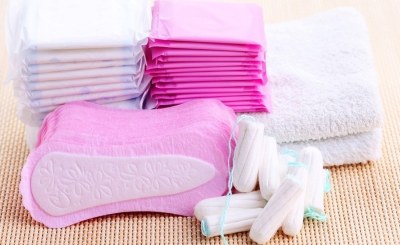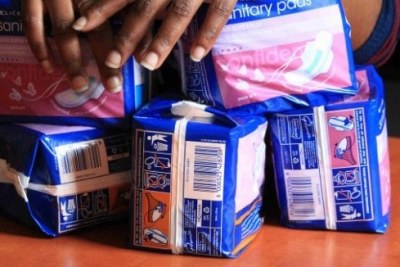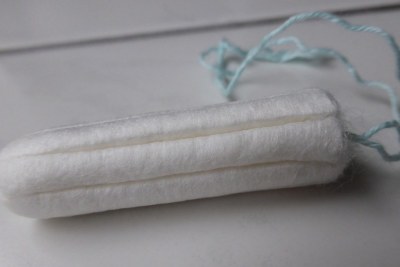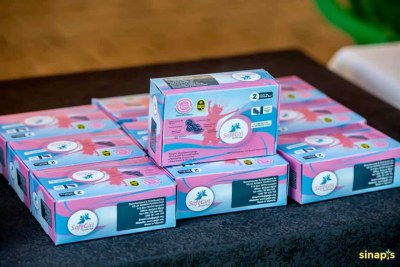-
Africa: Putting an End to Period Poverty
UN News, 28 May 2023
Fatoumatta Fatty's commute on an old, malfunctioning wheelchair takes up to two hours during rainy season in The Gambia, but she is happy joining her co-workers at a sanitary pad… Read more »
Calls to End Period Poverty
Period poverty, or the inability to afford menstrual products, is a serious issue especially in developing countries, an issue menstruating girls and women grapple with monthly and a spotlight topic on Menstrual Hygiene Day, observed on May 28, each year.
In The Gambia, Africa's smallest nation, period poverty is prevalent across the country, but it hits harder in rural areas, according to the UN Population Fund (UNFPA). Some girls skip school for around five days every month due to the lack of menstrual products and sanitary facilities.
The girls are afraid of staining their clothes and become a target of bullying or abuse, the agency said. As a result, gender inequality widens; boys will have an advantage as they attend school more often than girls, who have a higher chance of dropping out.
To tackle this problem, UNFPA developed a project in Basse, in the country's Upper River Region, to produce recyclable sanitary pads. These pads are distributed at schools and hospitals in local communities.
Poor menstrual health and hygiene undercuts fundamental rights - including the right to work and go to school - for those who menstruate, and worsens social and economic inequalities, the agency said.
In addition, insufficient resources to manage menstruation, as well as patterns of exclusion and shame, undermine human dignity. Gender inequality, extreme poverty, humanitarian crises and harmful traditions can amplify deprivation and stigma.
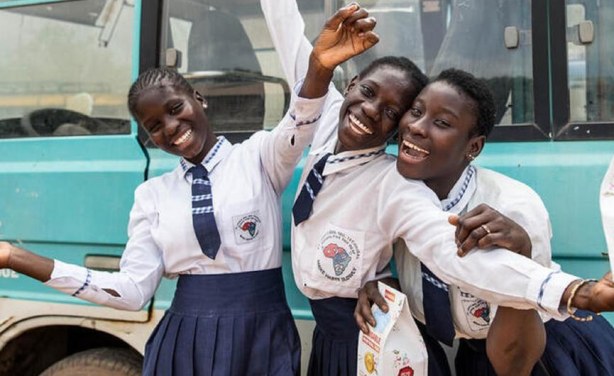
Isatou, Mariama, and Fatoumatta no longer have to stop going to classes during their periods, thanks to a UNFPA programme that supports production and free distribution of reusable sanitary pads, including for girls at St. John's School for the Deaf in Banjul.
InFocus
-
The pilot project reduced the school dropout rate for adolescent girls after the Covid-19 pandemic, through complementary social protection and Water and Sanitary Health (WASH) ... Read more »
-
Namibia's finance ministry has said they will not exempt tampons from sales tax because they are considered to be luxury items. During a radio interview, the ministry spokesperson ... Read more »
-
In 2016, Catherine Nakayemba and her two friends - Atuhurra Angella Marjorie and Ndagire Corret - decided to start Safe Girl Reusable Pads, a small business with a vision to create ... Read more »
